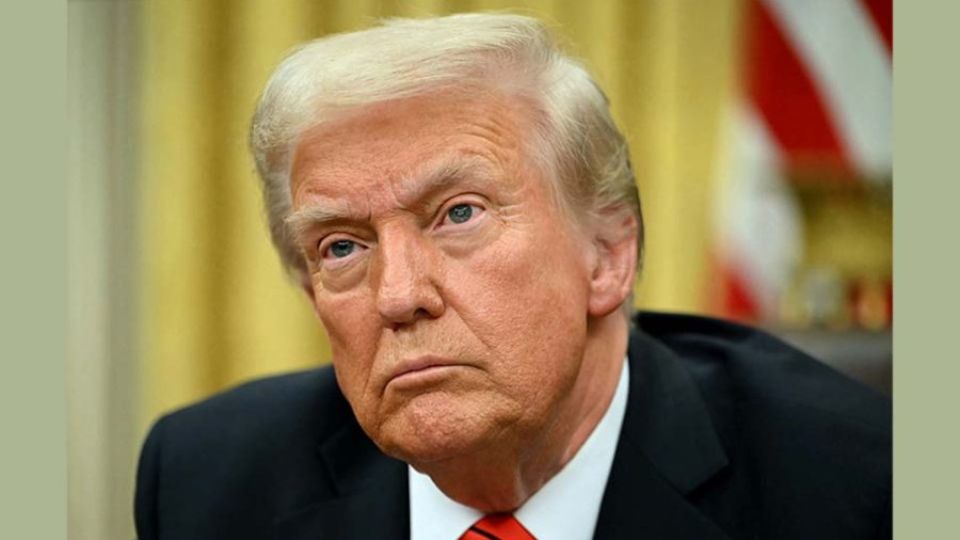February 11, 2025
SEOUL – US President Donald Trump’s unexpected announcement of a 25 percent tariff on all imported steel and aluminum has sent shockwaves through Korea’s steel industry.
With North America accounting for over 10 percent of Korea’s steel exports and domestic producers already struggling with weak performance, industry experts predict that the economic impact could be significant.
“Any steel coming into the United States is going to have a 25 percent tariff — aluminum too,” Trump reportedly said to reporters while traveling to New Orleans for the Super Bowl aboard Air Force One on Sunday. Trump also reportedly said that he would announce reciprocal tariffs on Tuesday or Wednesday, according to foreign media reports, but did not specify when the new duties would go into effect.
An official from Posco, Korea’s leading steelmaker, explained that the company is currently closely monitoring all possible scenarios.
“Korea already operates under a strict quota system, so there is a chance that the full 25 percent tariff Trump announced would only apply to non-quota countries,” the official said. “Since no final decision has been made, we have no choice but to wait and carefully evaluate the situation.”
The Trump administration had previously imposed a 25 percent tariff on steel and a 10 percent tariff on aluminum in 2018, during his first term.
At the time, South Korea negotiated with the US to be exempted from steel tariffs in exchange for accepting a quota system that limited export volumes.
According to government data and the American Iron and Steel Institute, the largest sources of US steel imports are Canada, Brazil and Mexico, followed by South Korea and Vietnam. Under the existing framework, Korea benefits from a duty-free quota of 2.63 million tons for steel exports to the US. In 2023, Korea’s steel exports to the US totaled 2.548 million tons.
The Posco official also noted that Washington has been increasing trade pressure on Korea over the past two years, not just under Trump’s leadership.
“We have already gradually strengthened our lobbying efforts in Washington and remain highly vigilant. However, the truth is that steel is not a high-tech export. It’s a commodity that most countries can now produce. Korea has limited leverage in this situation, making the industry especially vulnerable to sudden policy shifts.”
Another industry source suggested that while Trump’s tariff policy intended to aim to boost the US domestic steel industry, they could ultimately drive up steel prices, negatively impacting other American industries.
“The reality is that the US cannot meet its domestic steel demand through local production alone. If tariffs are imposed on steel — often referred to as the ‘rice of industry’ in Korea — the ripple effects could be significant, potentially causing long-term disruptions across various US sectors,” the source said.
Concerns also remain about secondary effects, such as potential antidumping measures from China and an influx of low-cost steel from third countries penetrating into the Korean market. There is growing consensus among industry players that the Korean government must work closely with domestic steelmakers to mitigate such potential global risks.
“The worst-case scenario would see the Trump administration scrapping the steel import quota system entirely, replacing it with a flat 25 percent tariff or significantly reducing the existing quota,” the source suggested.
Meanwhile, Korea’s aluminum industry is also bracing for potential disruptions. Exports of aluminum foil to the US account for about 30 percent of Korea’s total aluminum shipments. The US Department of Commerce has imposed antidumping duties on aluminum extrusions from 14 countries last year, including China, Colombia, India and Korea.


